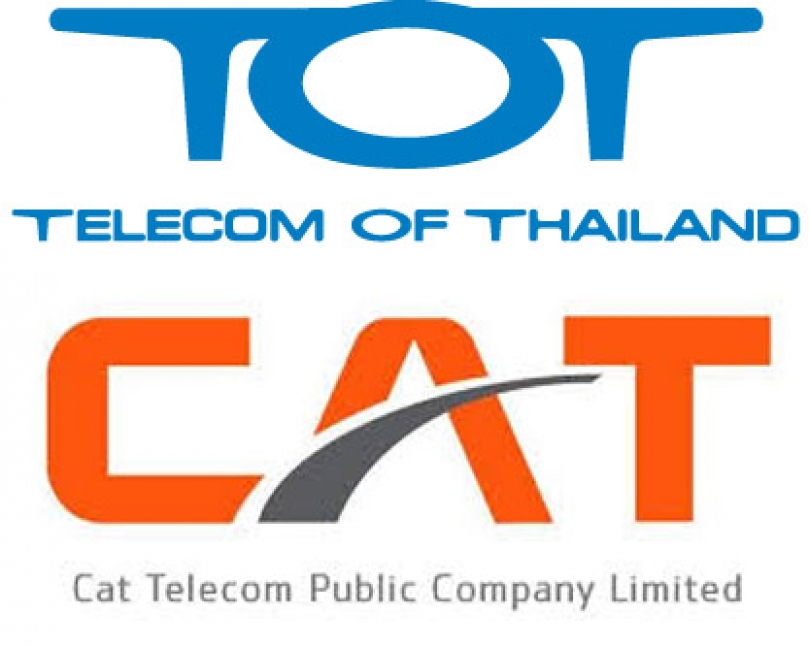TOT and CAT Telecom must embrace change to stay relevant

Inefficiency and resistance to change in the state enterprise sector have long been notorious. The latest case in point is the mandated restructuring of TOT and CAT Telecom.
Both units have been hit hard by rapid changes in the telecom sector over the past few decades, making it necessary for them to embrace drastic changes. But some 15,000 employees at TOT and another 6,000 workers at CAT Telecom are reluctant to fall in line.
Prime Minister Prayut Chan-o-cha threatened to take strong action against those opposed to the changes as ordered by the State Enterprise Policy Committee or Superboard, after union leaders and some executives did not cooperate with the Superboard mandate.
Basically, TOT and CAT Telecom have to merge their network operations to stay competitive within the next year, meaning transmission and fibre-optic sub-units will be combined as a new unit, the National Broadband Network Co, while their Internet gateway and submarine cable networks will be merged as Neutral Gateway Network Co.
Last but not least, the separate data centre operations will be merged as IDC Co.
However, TOT’s and CAT Telecom’s service units will remain separate operations as holding companies.
Employee unions and some senior executives have voiced their strong opposition to the drastic restructuring mandate.
Unless the two agencies are quickly reorganised, they will be heading for bankruptcy. TOT is especially vulnerable, as its revenues have dropped sharply as lucrative earnings from previous telecom concessions are coming to an end. The company has 15,000 workers.
Both agencies enjoyed an easy time for decades as the recipients of billions of baht in concession fees and shared revenues from privately-owned telecom companies which introduced mobile phone services to Thailand.
Now, their future depends on the competencies of management and workers in the highly-competitive technology-driven marketplace.
The combined assets of transmission and fibre optics are highly valuable as they are the core of the country’s national broadband network, which has the potential to take advantage of the fast-growing demand for telecom and digital services.
They are also highly prized by Internet gateway and data centre operations and could be leveraged to gain from the country’s rapidly-evolving digital economy.
Most TOT and CAT employees have little reason to fear for their future under the restructuring.
Gone, however, are the days of the easygoing work culture of state-owned agencies as these transformed units and their leadership need to adopt a more private-sector-like management style and mentality to stay relevant in the digital era.
Thailand Post is a good example of such a successful transformation. Previously, it was part of the Communications Authority of Thailand or CAT. Now, it is a competitive and a highly-profitable operator in the fast-growing e-commerce sector.
In the first half of 2015, Thailand Post reported profits of Bt1.3 billion on revenues of about Bt11 billion, with parcel delivery services accounting for nearly half of total revenues.
The company seems destined to enjoy high growth along the path of a sustained e-commerce boom in coming years.
TOT and CAT Telecom also have similar potential and they need to look at Thailand Post as an inspiration for change and renewed prosperity.
RELATED
